Automated Species Identification

Summary
In recent years, we have become accustomed to robots competing successfully with humans in handling very challenging tasks, such as driving cars, translating texts, or playing difficult games like Go. The key to these successes has been machine learning techniques: the ability to construct advanced neural networks, which can be trained to solve very difficult tasks by using large amounts of data.
The biological diversity of our planet is immense and the availability of experts who can reliably identify species of a given organism group is often a bottleneck in research as well as in practical applications. If we could train robots to provide routine identifications, we could free up time for the experts so they can focus on more challenging taxonomic research tasks. At the same time, we could provide convenient and reliable species identification services to the wider research community and other interested parties. The rapid development of neural networks in recent years, in combination with the ability to gather large amounts of digital images that can be used for training, open up the possibility to accomplish this.
We work with a consulting company, Savantic AB, to adapt so-called Convolutional Neural Networks to identify insect species from digital images. Our preliminary results show that, under ideal conditions, these methods can identify species as accurately as highly experienced taxonomic experts, even when we only have a moderate number of images in our training sets.
Links
Biosystematics, informatics and genetics of the big four insect orders (http://big4-project.eu/ )
)
Savantic AB (http://savanticab.com )
)
The research is supported by the EU
(Marie Curie Innovative Training Network "BIG4: Biosystematics, Informatics and Genetics of the Big Four Insect Orders")
Project Participants at NRM
Fredrik Ronquist (Professor, Principal investigator)
Miroslav Valan (PhD student)


